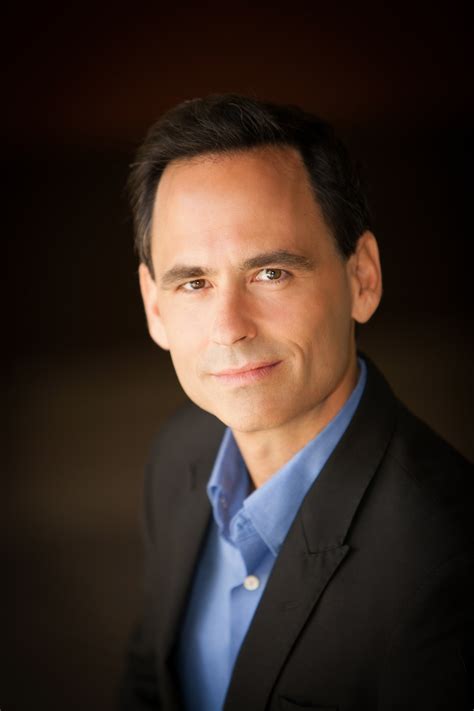A Quote by Alex Smith
Failures and setbacks are inevitable for all of us.
Quote Topics
Related Quotes
I have tried to devote my life - with all my husband failures, father failures, pastor failures, friend failures, any other possible failures I'm sure I've done them - to the God-centeredness of God and my aspiring, yearning to join Him in that activity. God is passionate about hallowing the name of God.
The difference between "winners" and "losers" is not whether they face obstacles and setbacks - we all do, and it is inevitable that plans do not unfold exactly as imagined or that unexpected events surprise us or that a few mistakes happen. The real difference is that "winners" bounce back from a fumble or a loss by refusing to panic, analyzing the situation and looking for positive actions they can take to correct the problem, and then go on to resume winning.






































